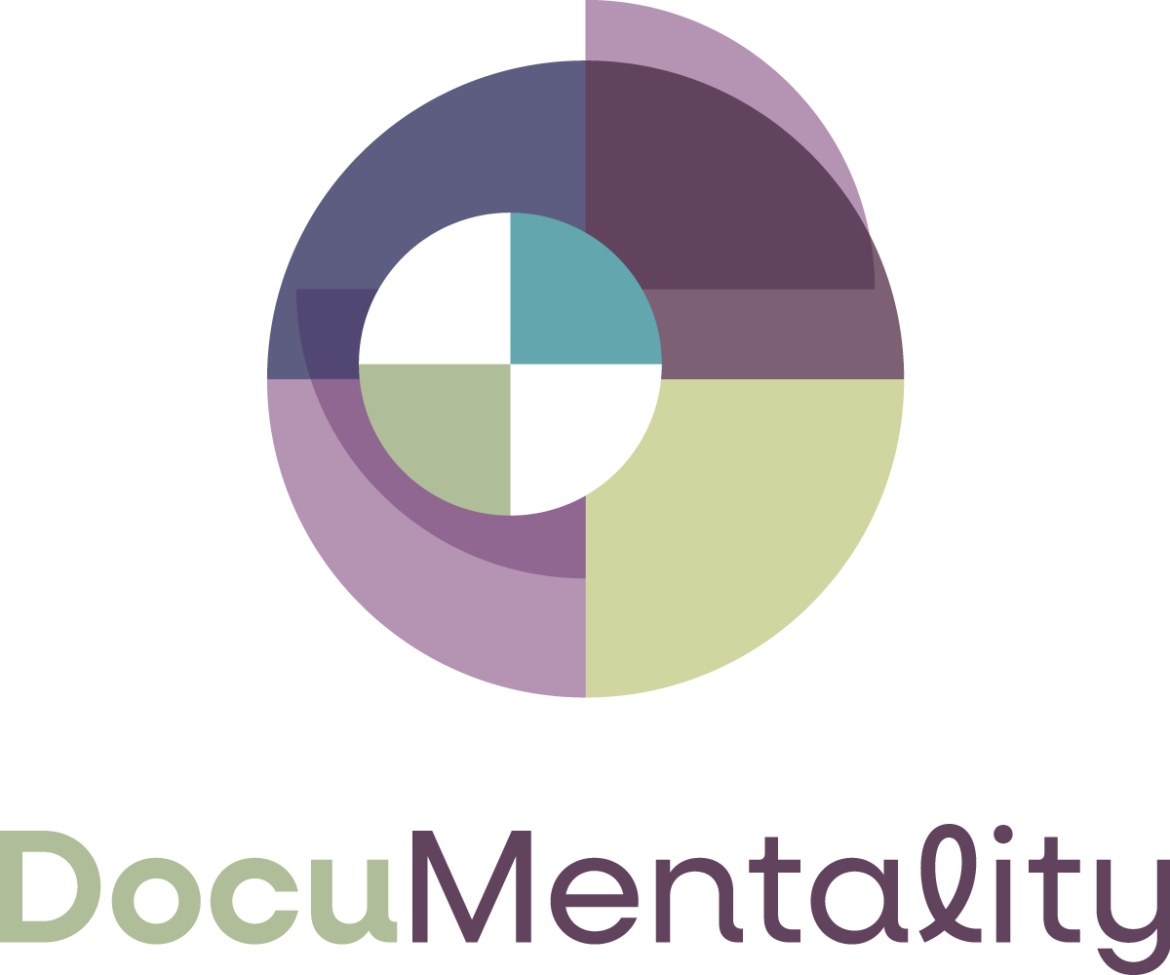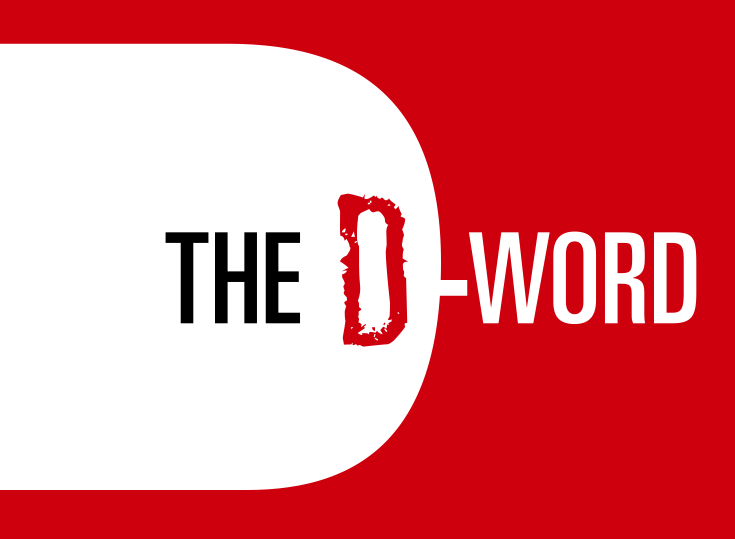Documentary makers have a calling to share stories and use film as a medium to highlight injustice, explore all corners of the human experience, and celebrate identity. This already difficult work is made more challenging by working conditions that foster disconnection and damage documentary maker’s mental health.
The purpose of this report is to share the findings of research conducted in 2022 to understand the current state of Canadian documentary filmmakers’ mental health. The research was conducted through a series of seven focus groups. Each group was composed of filmmakers with shared identities: Black, Muslim, and Racialized; Indigenous Session 1; 2SLGBTQIA+ 2; Creators Living with Disability; Women and Non-binary; Mixed Francophone; and Mixed Anglophone.
The first part of the Report paints a picture of the stresses and pressures common to documentary filmmakers’ experiences, and the impact these conditions have on their mental health: funding, power imbalances, stressful working conditions, financial precarity, interpersonal relationships, distribution, isolation, stigma, industry events, emotionally charged topics, family, quitting, lack of mental health care, and diversity initiatives.
The second part examines the specific discussions in each focus group concerning challenges faced by different marginalized groups of Canadian documentary creators. This section looks at the compounding effects of systemic discriminatory forces on documentary filmmakers working conditions, and the impact on their mental health.
The third part is a summary of the documentary makers’ suggestions for improvements within the industry. These suggestions include greater transparency particularly in funding, a more equitable balance of power, standardized working practices, additional training, more connection with peers and mentors, improved distribution methods, flexibility around needs stemming from personal health and family, and crucially, mental health support for filmmakers, crew, and protagonists in documentary film.
Many of our filmmakers struggle with what can be framed as a paradigm of privilege: one is expected to fit within a narrow mold of being able to spend years developing projects without pay, to remain emotionally removed from a story and community even while being encouraged to make films from one’s own perspective, or to navigate the industry without any neuro-divergence or disabilities. When one’s identity or experience falls outside of that mold, many suffer negative impacts on their mental health. Documentary films play an incredibly important role in our cultural landscape, and the documentary sector is one of the most diverse creative communities in the country. If we don’t address mental health issues within our sector, we risk losing perspectives and stories that are so important to helping us make sense of the world around us, that showcase our unique Canadian identity to the world.
DOC’s Executive Director, Sarah Spring
This research was conducted through DocuMentality. DocuMentality is a group of filmmakers and mental health professionals who came together to raise the alarm about mental health in the documentary film industry.



This Report was funded with the support of the Canada Media Fund.


